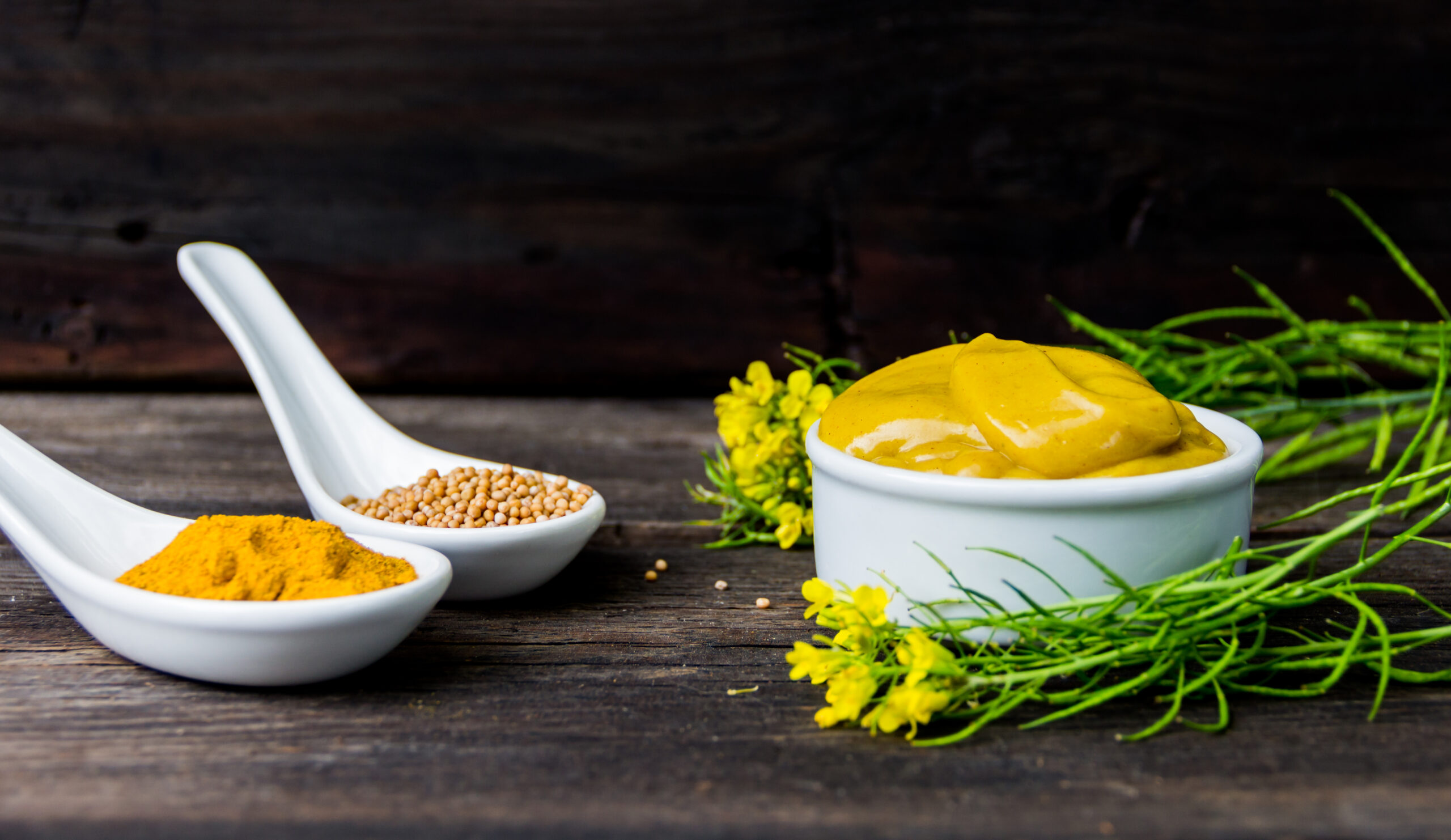Nutritional Content
Mustard’s potential health benefits can be attributed to its rich nutrient profile. The seeds are a good source of essential fatty acids, vitamins (such as vitamin C, E, and several B vitamins), and minerals (including magnesium, calcium, and selenium). Additionally, mustard seeds contain antioxidants and compounds like glucosinolates, which have been linked to anti-inflammatory and anti-cancer properties.
Blood Sugar Regulation
Mustard seeds may help improve insulin sensitivity and lower blood sugar levels, thanks to their high fiber content and the presence of certain bioactive compounds. This makes mustard a beneficial addition to a diet focused on managing diabetes and blood sugar levels.
Anti-Inflammatory Effects
The antioxidants found in mustard can help reduce inflammation in the body. Chronic inflammation is linked to many diseases, including heart disease, diabetes, and cancer. The presence of glucosinolates further supports its role in fighting inflammation.
Digestive Health
Mustard seeds can promote digestive health due to their fiber content, which supports regular bowel movements and gut health. Fiber is essential for maintaining a healthy digestive system and preventing constipation.
Antimicrobial Properties
Some studies suggest that mustard may have antimicrobial properties, aiding in the protection against infections and bolstering the immune system. This property makes mustard a beneficial ingredient for overall immune support.
Weight Management
Mustard is low in calories and can be a flavorful way to add zest to meals without high-calorie sauces. Additionally, the presence of certain compounds can enhance metabolic rate, potentially aiding in weight management and fat burning.
Heart Health
The healthy fats present in mustard seeds, combined with their ability to lower cholesterol levels, can contribute to overall heart health. Consuming mustard as part of a balanced diet may help support cardiovascular well-being.
Culinary Uses of Mustard
Mustard is widely used as a condiment, but its seeds and powder can also be incorporated into various recipes. It adds depth to marinades, dressings, and spice blends, enhancing both flavor and nutrition. However, it’s important to choose mustard products carefully, as some commercially prepared mustards may contain added sugars and excess salt.
Final Thoughts
Incorporating oregano and mustard into your diet is an easy and delicious way to boost your overall health. Whether used in cooking or as supplements, these humble ingredients offer a wide range of benefits, from fighting harmful bacteria to reducing inflammation and potentially preventing chronic diseases. Next time you season your meals, remember that a sprinkle of oregano and a dash of mustard do more than enhance flavor—they support your health in remarkable ways.




